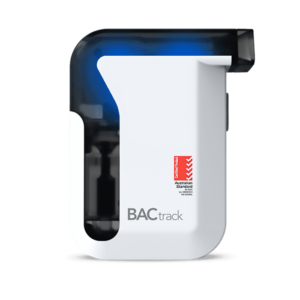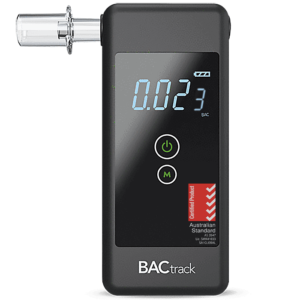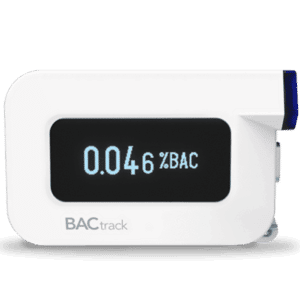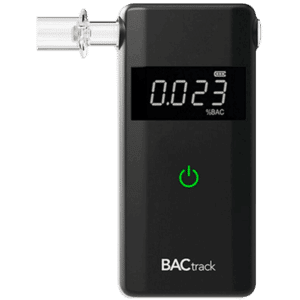Alcohol in Workplace: The Importance of Addressing Alcohol Use in the Workplace
22 February, 2024

Addressing alcohol use in the workplace is crucial for maintaining a safe and productive environment. By addressing this issue, employers can prevent accidents, improve employee performance, and reduce absenteeism. Moreover, it helps to preserve a healthy workplace culture by promoting responsible behaviour and mutual respect among colleagues. Furthermore, It supports employee health and well-being, as addressing alcohol in the workplace can help employees manage stress and maintain a healthy work-life balance.
Alcohol can impact the body and mind in significant ways. When a person consumes alcohol, it enters the bloodstream and travels to the brain. This may lead to decreased coordination and difficulty with cognitive processes. Moreover, alcohol can affect mood, leading to changes in behaviour. Hence, many workplaces have policies in place that address alcohol use. This article will present the influence of alcohol use on the workplace, the importance of addressing it, and how to develop an alcohol policy.
Influence of Alcohol in the Workplace
The influence of alcohol in the workplace can greatly impact safety. When employees are under the influence, they are more likely to cause accidents that can harm themselves or others. This can lead to damage to equipment, damage to property, injuries, or even fatalities. Employers have a responsibility to provide a safe work environment, and the presence of alcohol can compromise this.
In addition, the influence of alcohol can lead to conflicts and tension among coworkers. This can create a toxic work environment and disrupt workplace relationships. It can also lead to decreased productivity and morale, as employees may feel uncomfortable or unsafe in their work environment.
Moreover, alcohol consumption can greatly affect employee performance. It can result in poor decision-making, decreased focus, and impaired judgment. This can lead to mistakes, missed deadlines, and overall poor work quality. Employers should be aware of the impact of alcohol on occupational health. Thus, they should also take necessary steps to address and prevent alcohol-related issues in the workplace.
Effects of Alcohol on Cognitive and Physical Abilities
- Consumption of alcohol impairs coordination, making simple tasks like walking or picking up objects difficult.
- It slows reaction times, increasing the risk of accidents while driving or operating machinery.
- Memory functions suffer, leading to forgetfulness and impaired decision-making.
- Judgment becomes impaired, leading to risky behaviours and poor decision-making.
- Vision blurs, affecting depth perception and making it harder to focus on tasks.
- Speech slurs and cognitive processing slow down, affecting communication skills.
- Fine motor skills decline, affecting tasks like typing, writing, and buttoning clothes.
- Chronic alcohol abuse or harmful alcohol intake can lead to long-term cognitive decline and physical health issues.

Importance of Addressing Alcohol in the Workplace
Addressing alcohol in the workplace is crucial for maintaining a safe and productive environment. The influence of alcohol can pose significant safety issues in the workplace. Full-time employees who consume alcohol during work hours can jeopardise their well-being and their colleagues. By addressing the consumption of alcohol, employers can create a secure and efficient environment for all.
The second importance lies in preserving a professional and respectful workplace culture. When employees are under the influence of alcohol, their behaviour may become inappropriate, leading to a toxic work environment. Employers can effectively prevent these disruptions by upholding a safety risks code of practice that addresses alcohol issues. This will help ensure that all interactions remain respectful and professional.
Furthermore, addressing alcohol use at work is essential for supporting employee health and well-being. Employees who are unfit to work due to alcohol abuse may struggle with their job responsibilities. They may also suffer from physical and mental health issues. Employers or business owners can provide the necessary support and resources to help employees overcome alcohol abuse.
The Role of a Safety Representative
One of the roles of a safety representative is to observe and report any instances of alcohol use. This involves being attentive to any signs or behaviours that may indicate alcohol consumption. The safety representative should report observations promptly and accurately to the relevant authorities to address alcohol-related problems.
Additionally, they play a crucial role in educating and raising awareness about the risks and consequences of alcohol. This can involve organising training sessions or workshops to inform employees about the potential impact of alcohol. Hence, the safety representative can help to create a supportive environment that discourages alcohol use.

Developing a Comprehensive Policy for Alcohol in the Workplace
Developing a comprehensive policy for alcohol in the workplace can be a challenging process. Nevertheless, it is a crucial task, especially for businesses in high-risk industries. Developing one involves identifying the objectives. These include prohibiting alcohol use, promoting a healthy work environment, and ensuring compliance with federal and state laws. The policy should also outline the consequences of violations, as well as the support and resources available for employees.
Types of testing procedures should be included. This may encompass urine, blood, hair, saliva, and breath tests to detect alcohol use. Additionally, the policy can incorporate the reasons for testing, such as blanket, random, pre-employment or post-accident testing. Hence, employers can effectively monitor and enforce the alcohol policy in the workplace.
After completing the draft, they may send this to legal professionals and industry experts for input. Lawyers can provide legal advice and ensure that workplace alcohol policies comply with legislation and regulations. Meanwhile, industry experts can provide insight into best practices.
Implications of Breaching the Policy
When an employee breaches the policy, it can have significant implications. A non-negative alcohol test result may lead to a disciplinary process. This could range from counselling and rehabilitation programs to suspension or termination. Nevertheless, this depends on the severity of the violation and the workplace policy. This can also tarnish the professional reputation of the worker.
From the perspective of the organisation, non-compliance with regulatory requirements can result in penalties, fines, and reputational damage. Moreover, a positive result can impact the relationship of the organisation with clients, partners, and stakeholders. Therefore, it could lead to business repercussions.
Conclusion
In conclusion, addressing alcohol in the workplace is vital for ensuring safety, maintaining professionalism, and supporting employee well-being. By acknowledging and actively preventing alcohol-related issues, employers can cultivate a secure and productive environment. This not only protects employees from harm but also fosters a culture of respect and responsibility. Prioritising alcohol awareness and intervention measures demonstrates a commitment to both the health of the workforce and the success of the organisation.
Furthermore, developing a comprehensive alcohol policy for the workplace is vital. It sets clear boundaries, promotes safety, and upholds legal standards. Including various testing methods ensures effective enforcement. Seeking input from legal advisors and industry experts helps ensure compliance and best practices. Breaching the policy can lead to disciplinary actions for employees and legal consequences for the organisation. Thus, both employees and employers need to understand and adhere to the policy to uphold professionalism and safety at work.






























